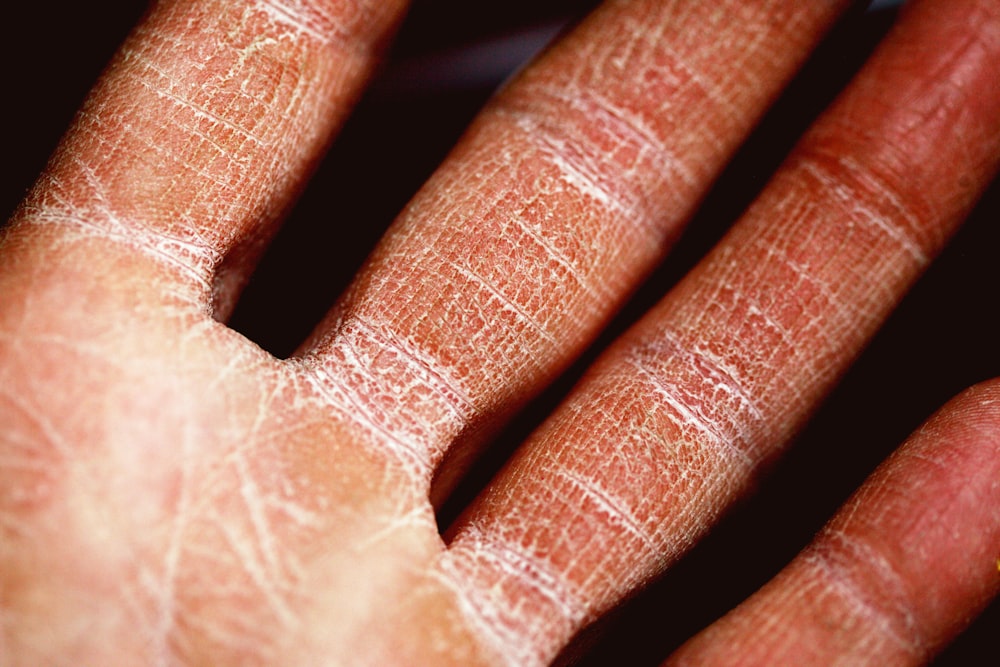Calming Atopic Eczema Effective Strategies for Relief
Navigating the Challenges: Effective Strategies for Calming Atopic Eczema
Living with atopic eczema can present daily challenges, both physically and emotionally. Finding effective strategies for relief becomes a priority for those affected by this skin condition. Let’s explore practical approaches that may help soothe and manage atopic eczema, offering a ray of hope for a more comfortable life.
Understanding Atopic Eczema: A Skin Challenge
Atopic eczema, also known as atopic dermatitis, is a chronic skin condition characterized by red, itchy, and inflamed skin. It often presents in childhood but can persist into adulthood. Understanding the triggers and symptoms is the first step in managing this condition effectively.
Gentle Skincare: The Foundation of Relief
The cornerstone of managing atopic eczema lies in adopting a gentle skincare routine. Opt for fragrance-free, hypoallergenic cleansers and moisturizers to nurture your skin. Regular moisturizing helps create a protective barrier, preventing excessive dryness and reducing the likelihood of flare-ups.
Clothing Choices Matter: Soft and Breathable Fabrics
What you wear can influence the comfort of your skin. Choose soft, breathable fabrics like cotton to minimize irritation. Avoid tight-fitting clothes that can exacerbate itching and discomfort. Prioritizing comfort in your clothing choices can make a significant difference in managing atopic eczema.
Identifying Triggers: Personalized Approaches
Atopic eczema triggers can vary from person to person. Identifying specific triggers is crucial for effective management. Keep a journal to track activities, foods, or environmental factors that coincide with flare-ups. This personalized approach allows you to make informed lifestyle adjustments.
Embracing Lukewarm Baths: Soothing Rituals
While hot water may be tempting, it can exacerbate atopic eczema symptoms by stripping the skin of natural oils. Opt for lukewarm baths and showers to soothe the skin without causing excessive dryness. Adding colloidal oatmeal or gentle bath oils can enhance the moisturizing effects.
Prescription Medications: Consultation is Key
For some individuals, over-the-counter skincare may not provide sufficient relief. Consulting with a healthcare professional is essential to explore prescription medications. Topical steroids, immunomodulators, and antihistamines are among the options that may be recommended based on the severity of symptoms.
Mind-Body Connection: Stress Management
Stress is a known trigger for atopic eczema flare-ups. Incorporating stress management techniques, such as mindfulness, meditation, or yoga, can have a positive impact. Creating a calming routine and acknowledging the mind-body connection contributes to overall well-being.
Allergen Management: A Holistic Approach
Atopic eczema is often associated with allergies. Identifying and managing allergens, whether they be in the environment or certain foods, is crucial. Allergy testing and consultations with allergists can provide insights into potential triggers, allowing for a more holistic approach to management.
Regular Follow-Ups: Collaborating with Healthcare Providers
Managing atopic eczema is an ongoing process that may require adjustments over time. Regular follow-ups with healthcare providers ensure that your treatment plan remains effective. This collaborative approach allows for timely interventions and support on your journey.
Community Support: Sharing Experiences
Living with atopic eczema can feel isolating, but there’s strength in community support. Online forums, support groups, and advocacy organizations provide platforms

